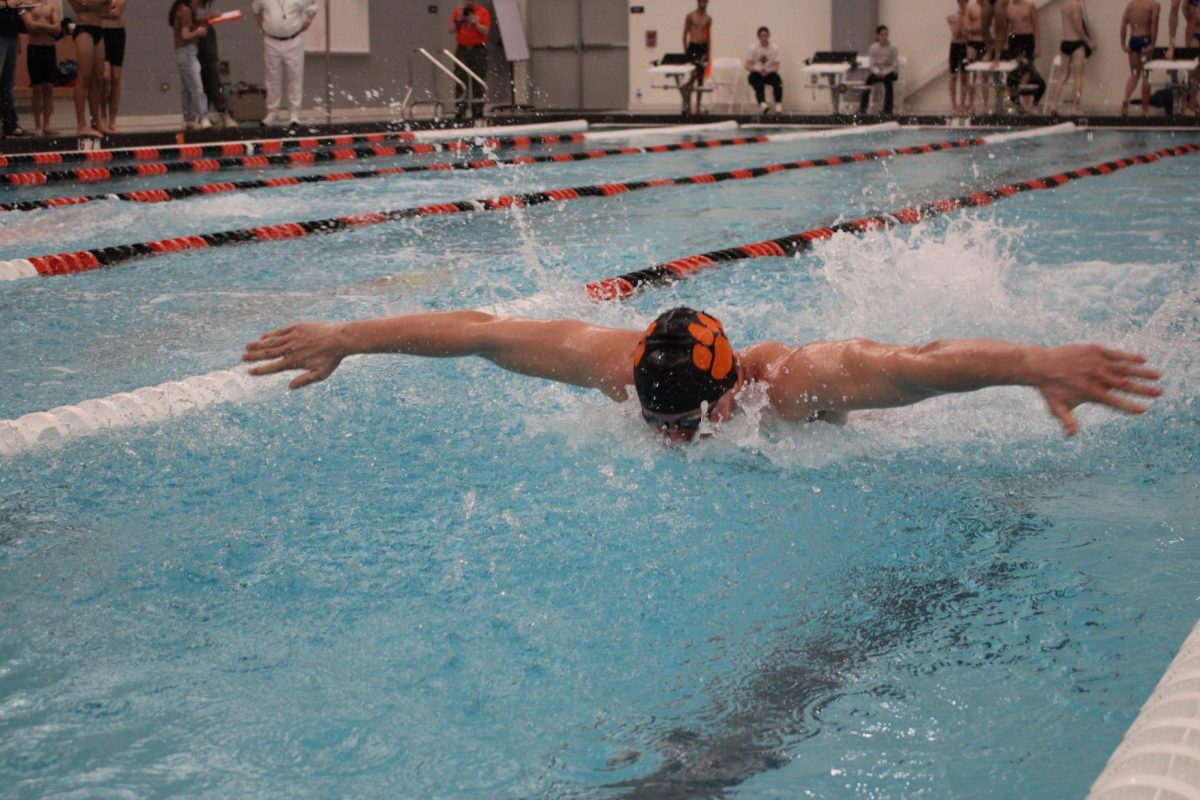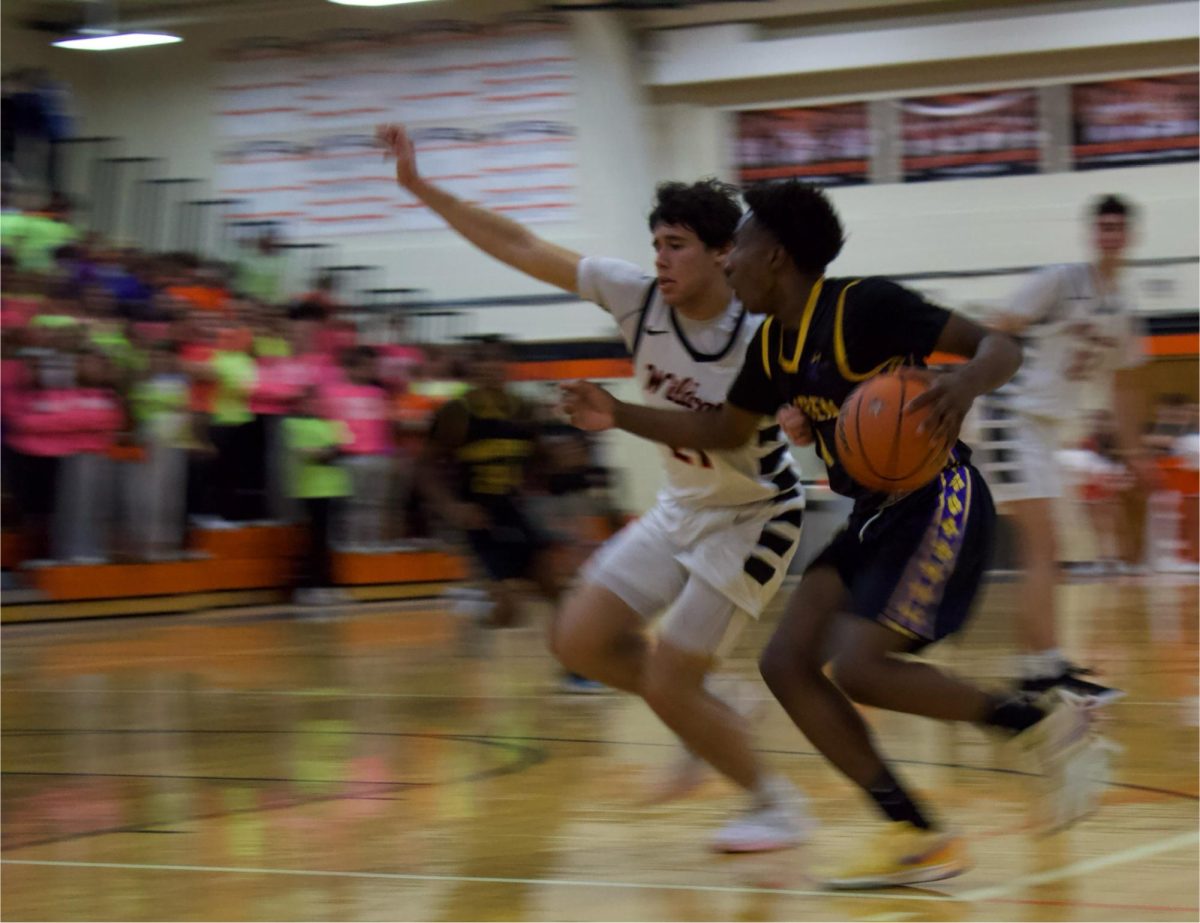Recently there has been a rise in finstas: fake Instagram accounts.
Finstas are an open space for students to post whatever they want without the fear of potential colleges or teachers or parents or judgemental peers looking at their posts. These accounts are private, so only people they trust can follow them. Some feature posts of them doing illegal stuff, such as smoking pot and drinking at the most recent house party, while others choose to post on their finstas as an open forum to express their feelings.
Whatever the reason, there is one commonality that most finsta users can agree on: they do not want prospective colleges to see their accounts.
According to U.S. News & World Report, in a 2017 Kaplan Test Prep survey of more than 350 college admissions officers in the U.S., 35 percent of officers polled reported having looked at applicants’ social media accounts to learn more about them. This number is only growing, evidence that this is a rational fear among many students. At times, the information admissions officers discover from students’ applications won’t suffice. So, what better way to judge a person than by seeing how they portray themselves on social media?
Well, um, that’s the problem. It’s hard to judge a person by how they portray themselves on social media because that is not their true self. Sure, if they post pictures of them smoking pot and drinking alcohol, they may not be the best candidate for that specific college. However, at the same time, just because a person posts a picture of themselves with debate medals and Model U.N. awards does not mean that they are automatically smarter than the person who posts pictures of the beach. What a person chooses to post on their social media should not automatically influence the merit of that specific candidate.
Applying for college is stressful. Even though I’m a junior, I’ve felt the stress radiate onto me through my senior peers. Students already have so much to worry about with college applications, and adding social media is another layer of stress to this process.
It’s not right for a student’s dream of attending their number-one college to hinge on a post they made when they were 16 and drinking alcohol. What if they were drinking legally in a foreign country? Could an admissions officer possibly know this? Social media can never tell the true story and for colleges to deny someone’s acceptance influenced by one photo is cruel.
Let me paint a scenario for you. A student attended a Halloween party and students were drinking alcohol. The student decided to post a picture even though that student wasn’t drinking but people in the picture were. A college saw the post and saw that person in the picture and didn’t accept them because of it. Some may argue that this rarely happens, but a 2013 Kaplan study reported that 12 percent of college admission applicants were rejected because of what the college saw on social media, as said on HLN, a national news network. So this does happen and just because that student may have made a rash decision to post that inappropriate photo doesn’t mean that other students aren’t doing that same inappropriate thing but instead choosing to post it on their finstas, for example.
It’s a blurry line. Some may argue that it was that person’s fault for posting the photo, and I agree — but does that mean their whole future should be jeopardized?
Social media is hazy, and it’s difficult to decipher fact from fiction. If college admissions officers have to stalk a potential candidate to narrow down their choices, then okay. However, there need to be rules so that one person’s future isn’t entirely ruined by a photo they took four years before or in a different country or in a haze of confusion.
April 19, 2024 • No Comments
Everyone has something that they are passionate about or appreciate doing in their free time. Everyone has hobbies they enjoy pursuing in their free time, but what kinds of...
Admission of Lurking
Lola Akinlade, Online Editor
May 18, 2017
Leave a Comment
More to Discover



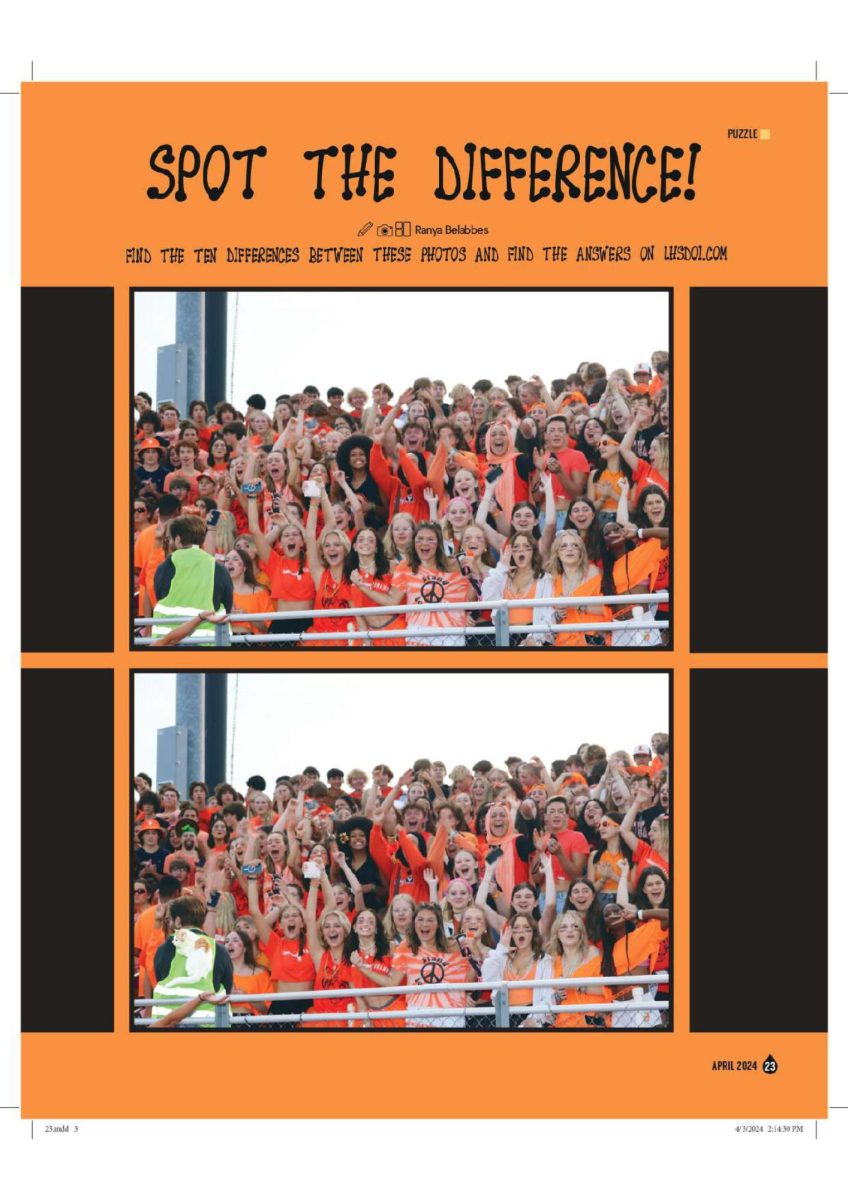
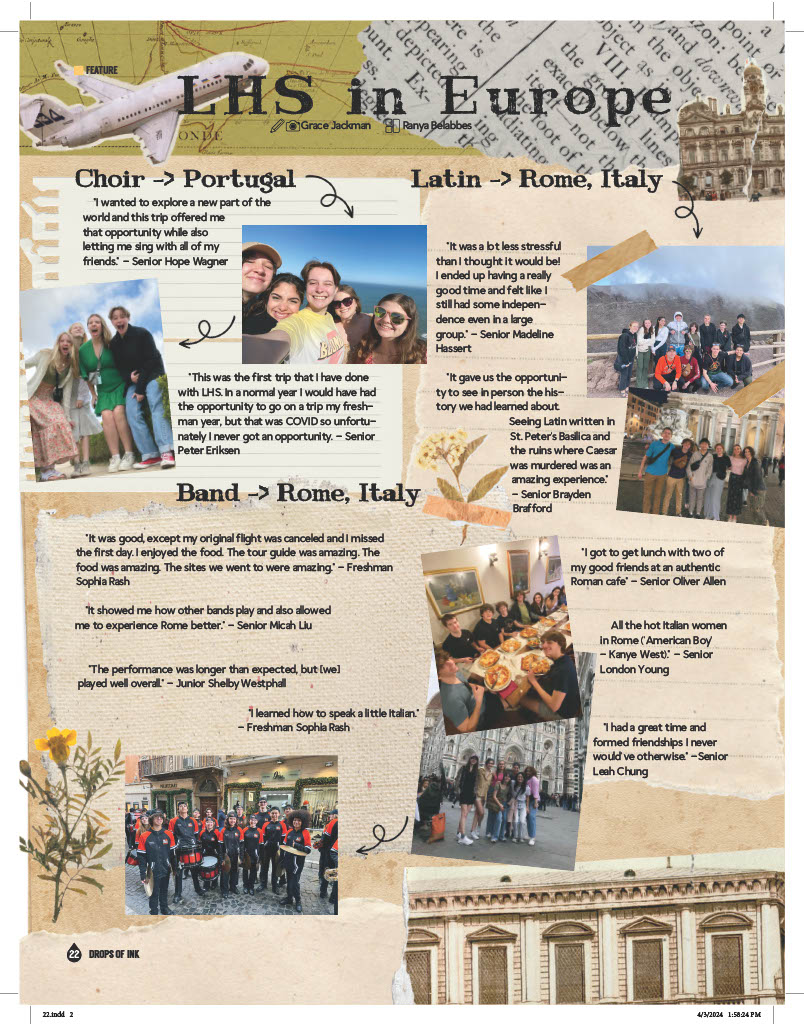
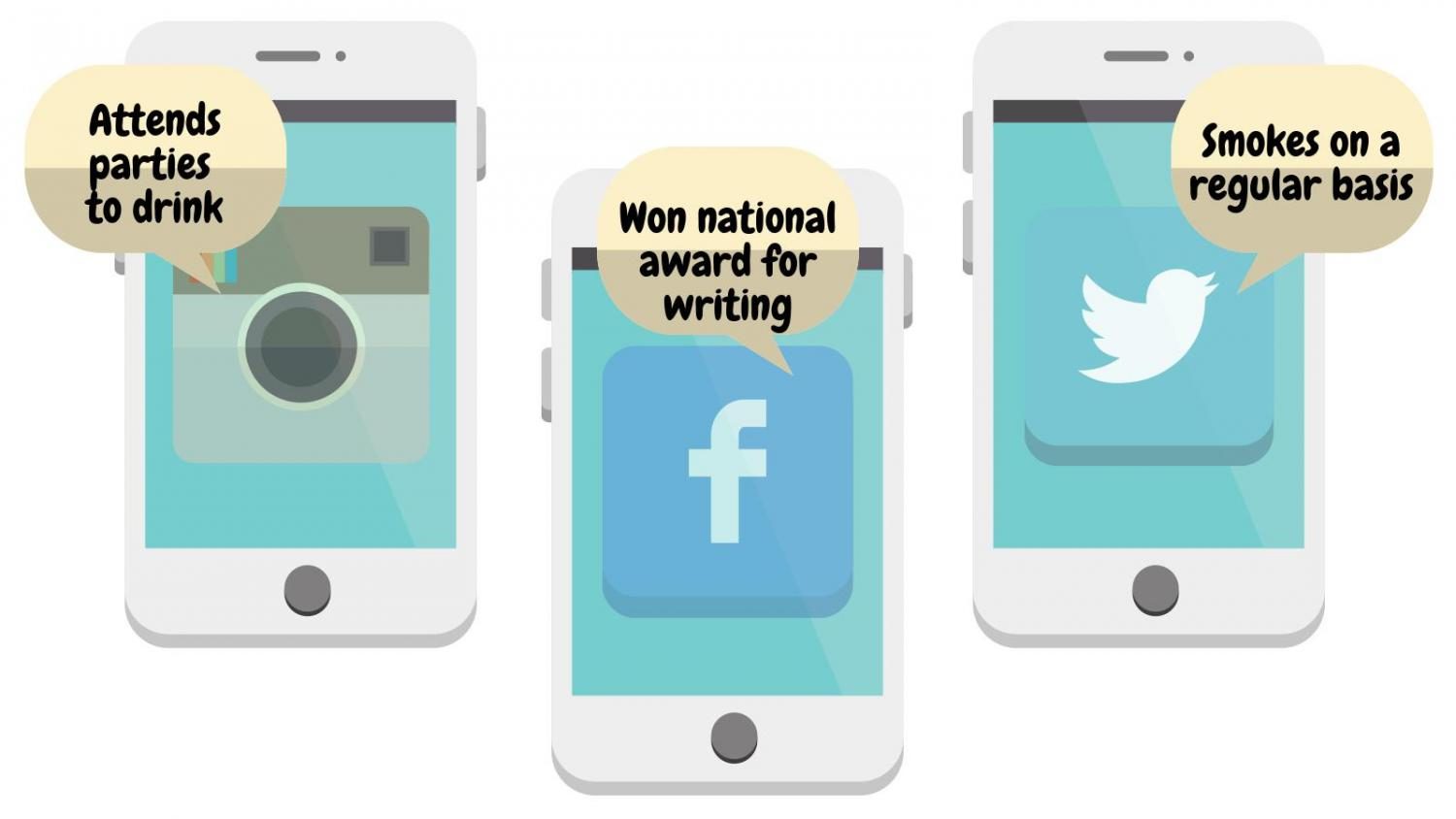




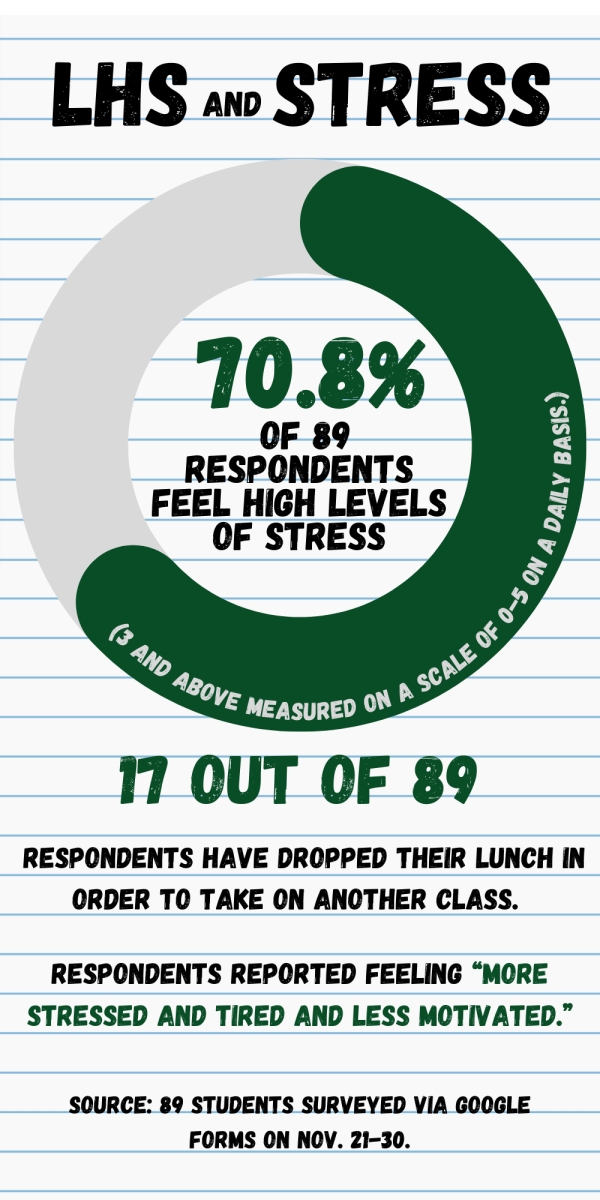
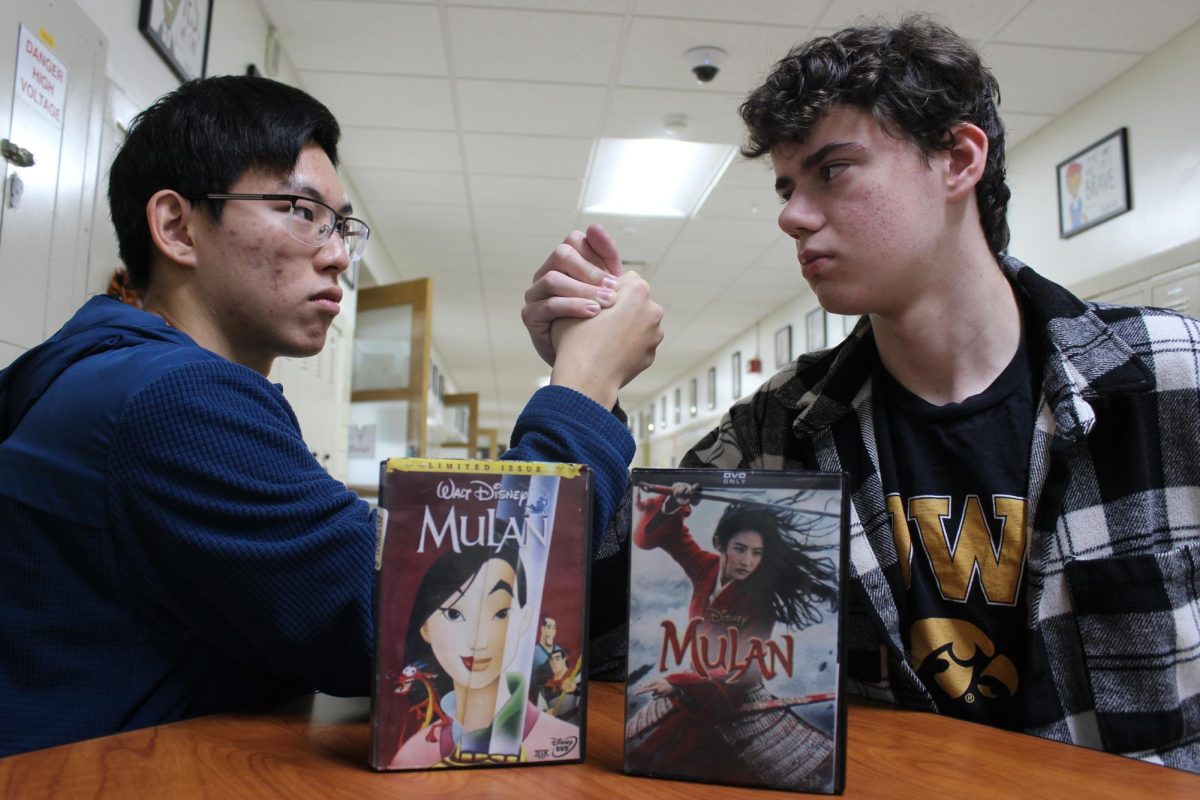
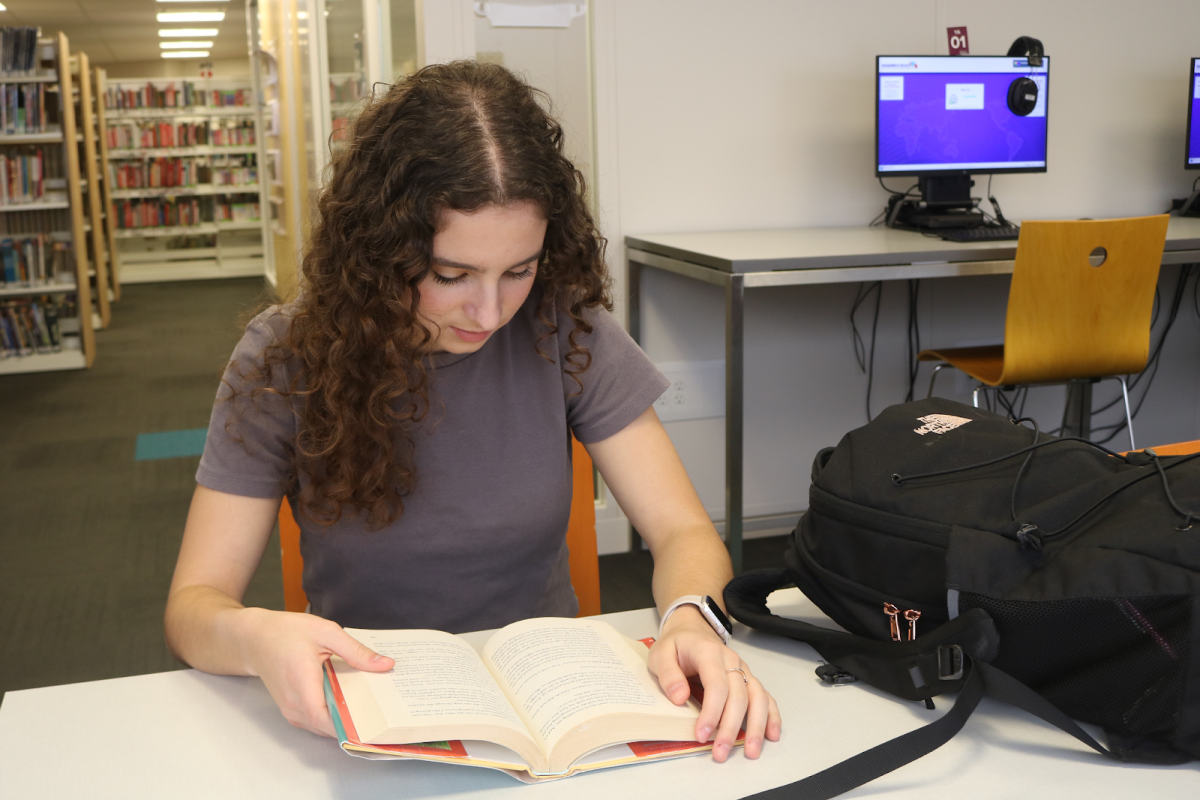



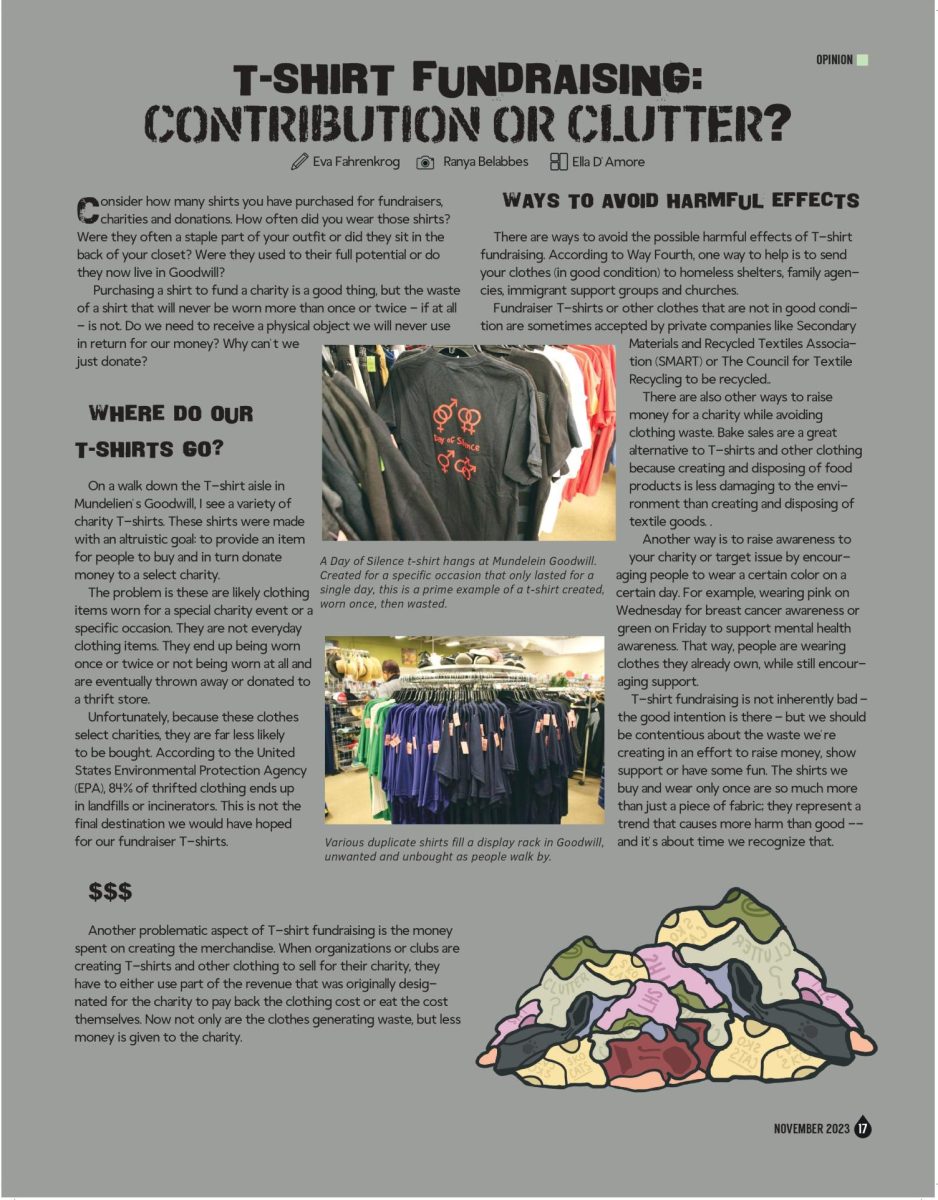
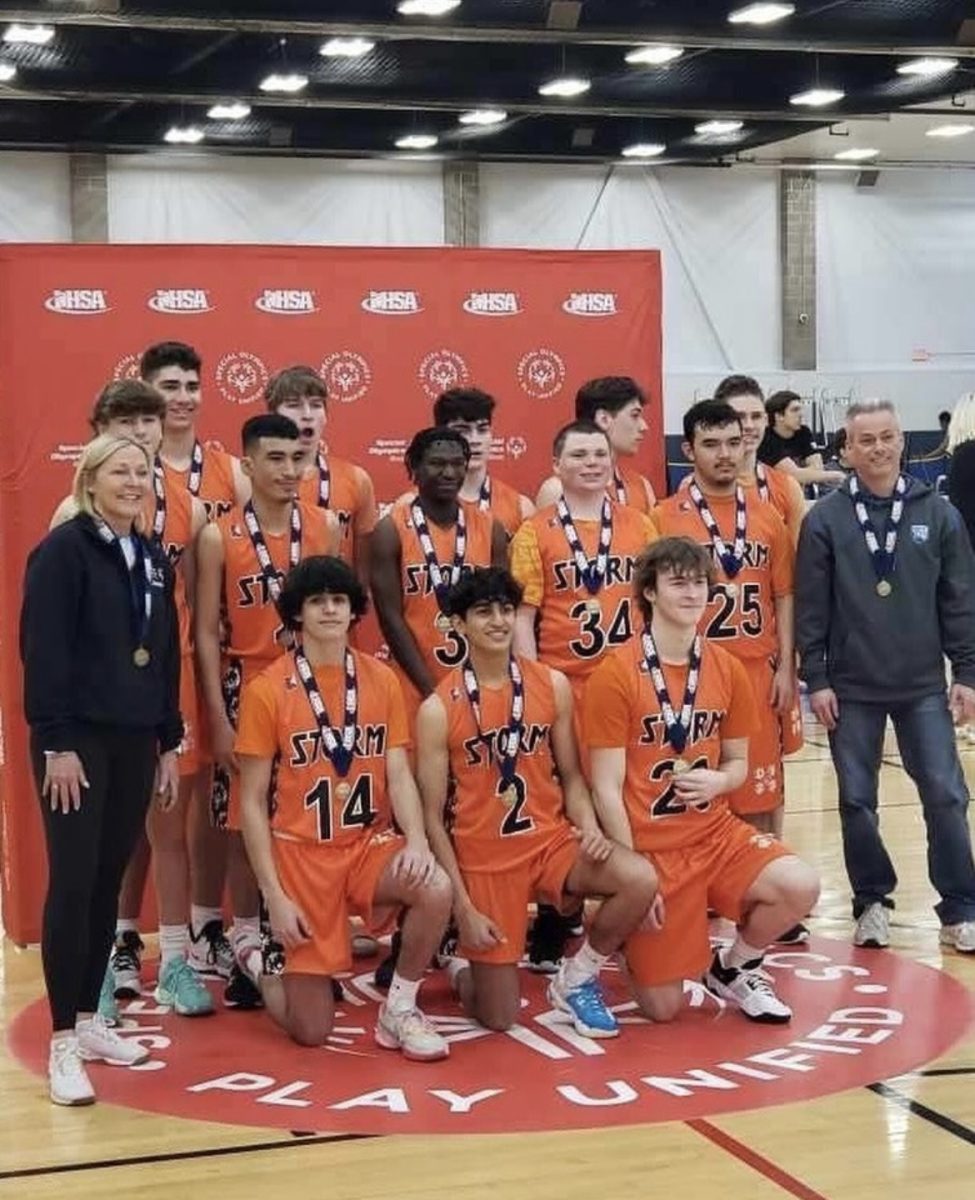
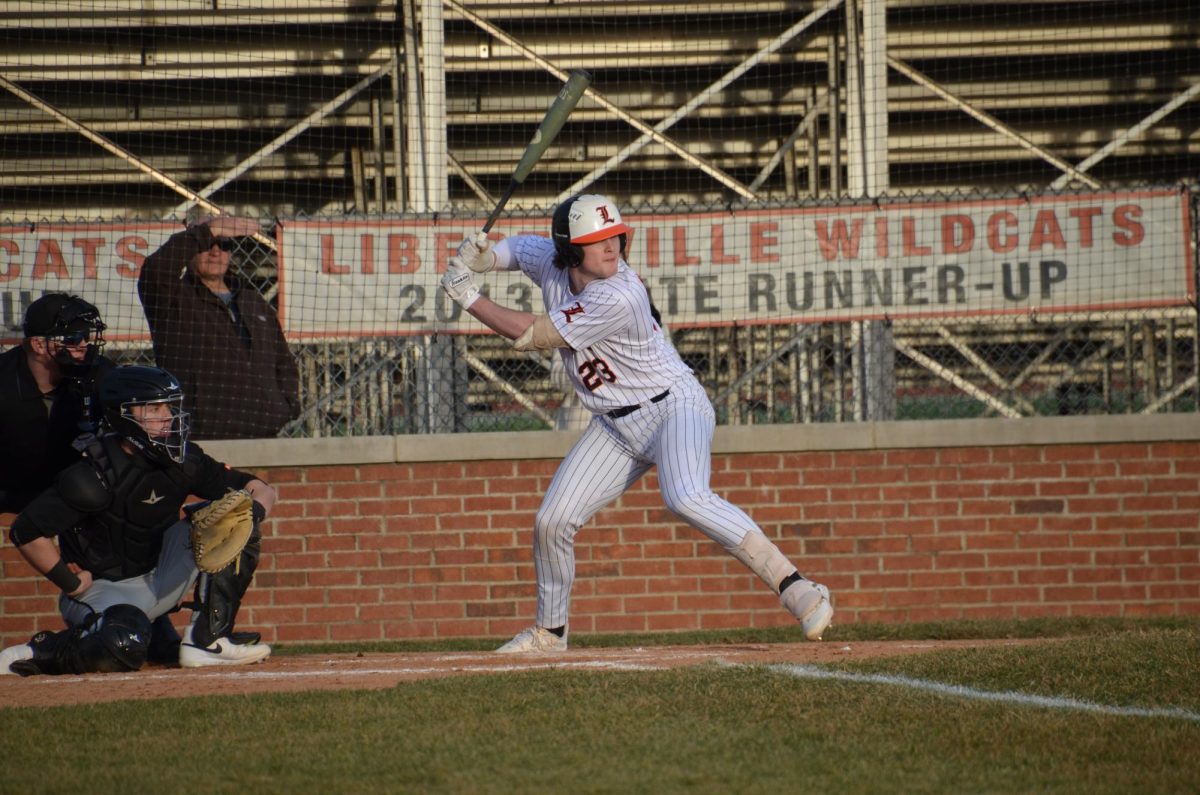
![For the final piece, a combination of Symphony Orchestra and Wind Ensemble played an extravagant song by Paul Hindemist. Flute soloist Dakota Olson had her moment highlighted within this song. “[My solo] was definitely challenging but it was fun too,” Olson said.](https://www.lhsdoi.com/wp-content/uploads/2024/03/amy-and-joey-shot-1200x800.jpg)
